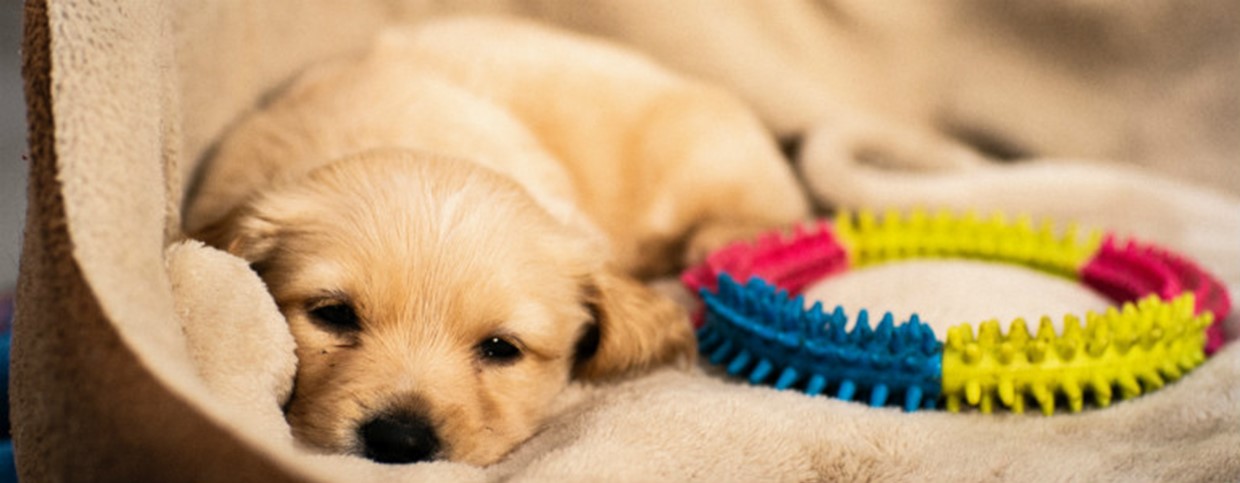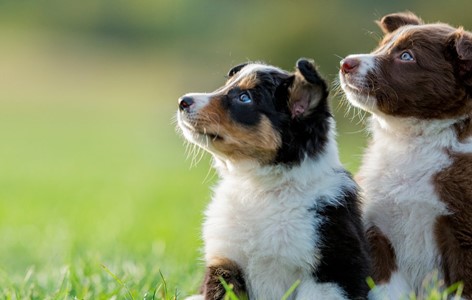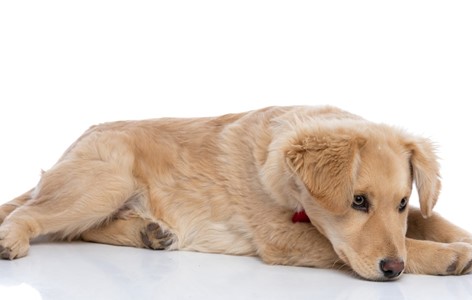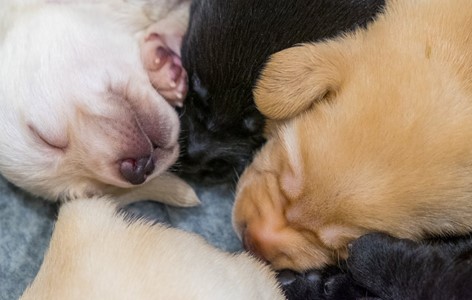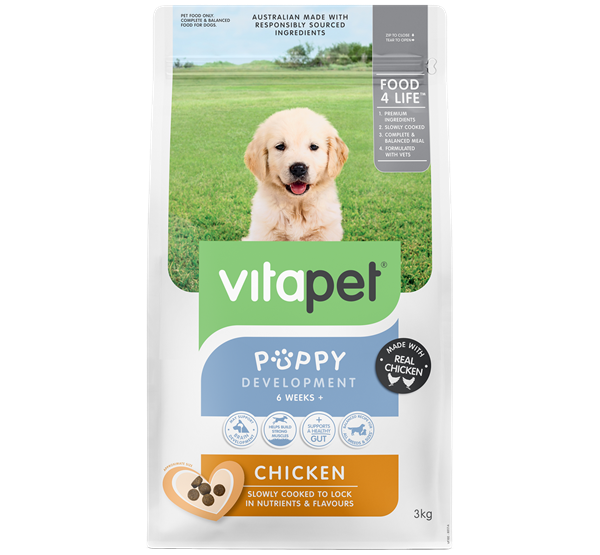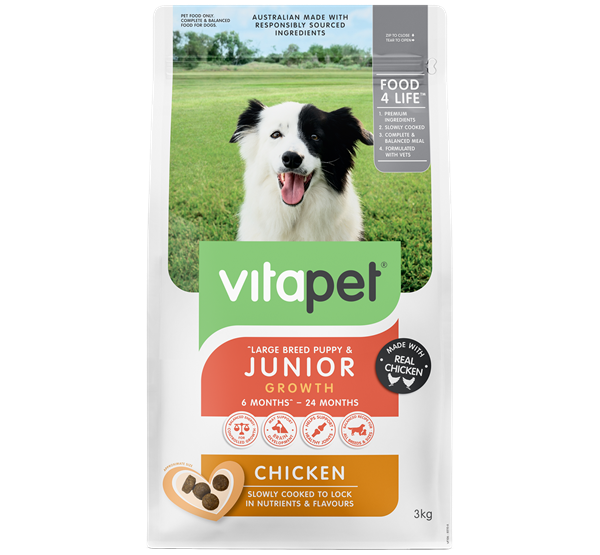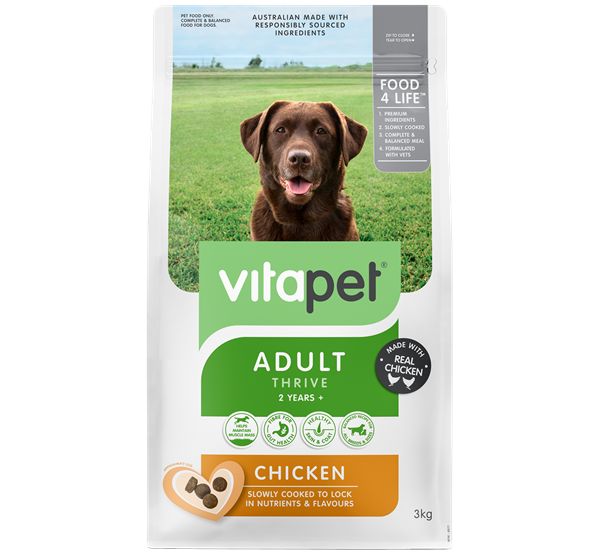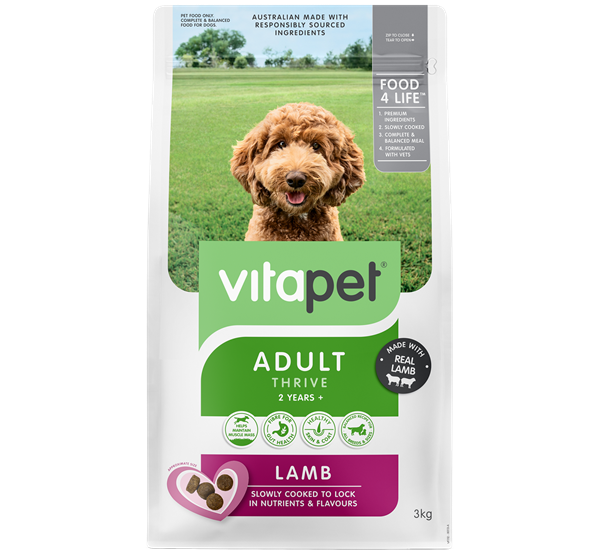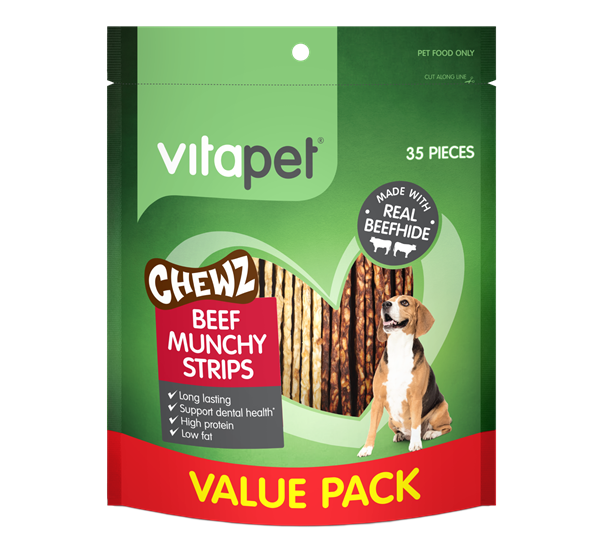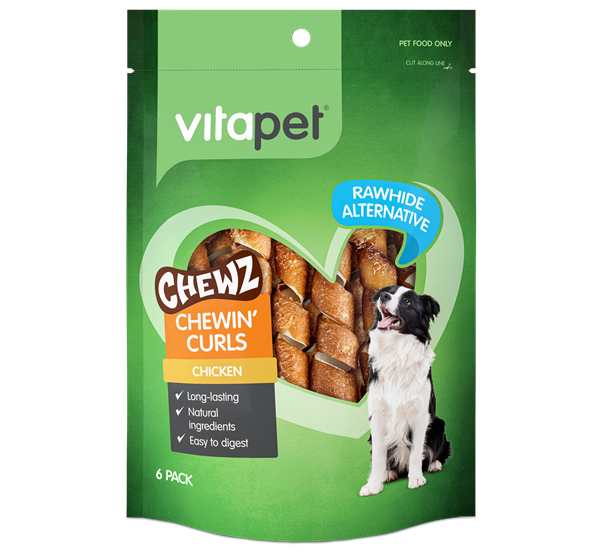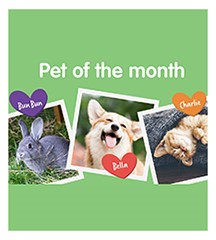There’s no doubt puppies thrive on love and attention from their humans, but there are certain times in their day when it’s better to leave them alone – and to teach junior members of your household to do the same. Auckland veterinarian and animal behaviourist Dr Jess Beer explains why.
1. Meal times
Until they’re fully grown, puppies need to be fed two to four times a day. In the past, some animal trainers recommended showing them ‘who's the boss’ by standing over them while they eat and, occasionally, taking their bowl away. This is a bad idea, because it can encourage puppies to become protective and snappy around food, according to Beer.
“Some dogs can develop a behaviour called ‘resource guarding’ because they’re afraid something will be taken from them,” Beer says.
“If you have a young puppy and you’re constantly going in and removing their bowl or bone, it tells them they were right thinking ‘people are trying to steal my food!’”
It can also mean puppies learn to eat too quickly in fear of losing out, which is also not good for them. “If your puppy has food of any sort, then it’s best to leave them alone to eat it in peace,” Beer says. “It’s good manners and helps avoid resource guarding.”
2. Toy and play times
The same thing applies if your puppy has a favourite toy, whether it’s a rubber Kong, a squeaky bone or a favourite ball. If you’ve given it to them, it should be theirs to keep, not yours to take away.
Your dog needs to learn to trust you, and proving you can control everything they do isn’t the way to teach them. “This sort of behaviour from owners can also cause fear and resource guarding issues – and it’s rude,” Beer says.
It’s also sensible to keep well back when your pet is enjoying a frolic with other puppies. If you’re worried things are getting too vigorous, Beer advises to resist the urge to jump in and pick your puppy up.
“If you do that, there could be snapping and biting,” she explains. “Usually, the better way is to call them away. A good puppy class can teach this behaviour to you and your pet before they interact with other puppies.”
3. Sleep times
Just like babies, puppies need plenty of sleep – between 15 and 18 hours a day, on average. That’s why it’s important to give them a designated spot to rest, and to keep your distance while they get their shut-eye.
A crate is great, and so is a dedicated bed or mat. “Pick a location where they know they’ll be safe and can choose to take themselves off there, out of the way,” Beer says. “If they’ve been playing for a while or they’re coming up to a rest time, you can also put them in that spot.”
Once you’ve done so, avoid interacting with them until they’ve caught up on their beauty sleep.
“If you have children, they also need to learn that it’s important not to pester the puppy at nap time.”
As pet owners, we want to lavish our puppies with love and attention, but there are times when it’s better for us to keep our distance. Giving your fur baby alone-time when it matters will help them grow up to be a healthy and happy member of the family, and to cope better when you’re not around.











